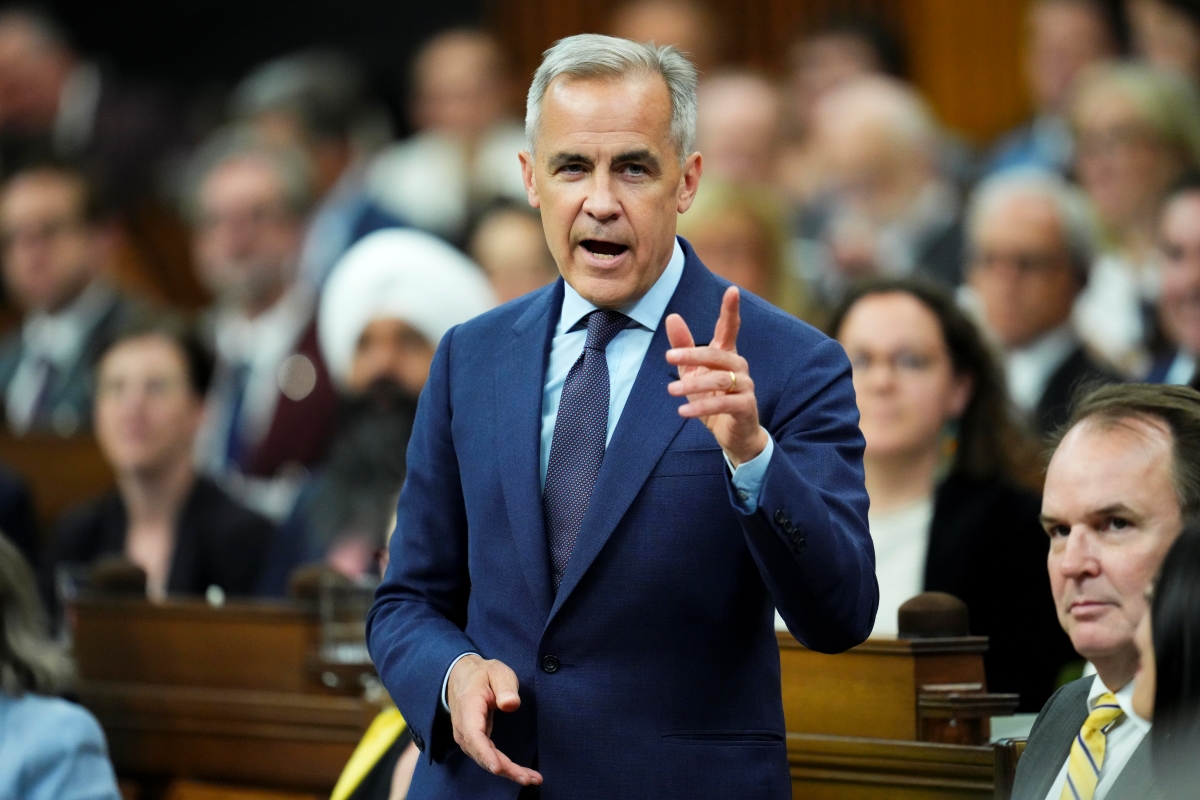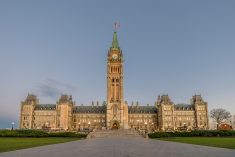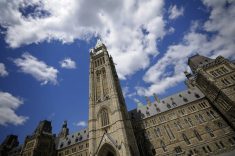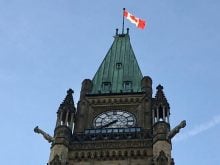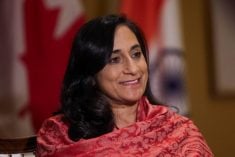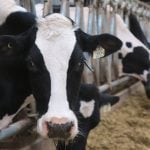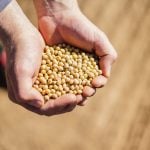Mark Carney’s government could mean a new direction for environmental policy.
While some say Justin Trudeau’s government had a much more hands-on approach to environmental issues, appearing to favour deterrents over incentives, the Carney government’s strategy may be more restrained and integrated with its economic agenda.
No mandate for agriculture, environment?
On May 21, the Prime Minister’s office released a mandate letter, which listed seven priorities for the new government. The priorities focused mainly on building Canada’s economy and protecting sovereignty. It contained no mention of agriculture or environmental issues.
Read Also

Nutrien tops profit estimates, launches review of phosphate business
Nutrien beat analysts’ expectations for third-quarter profit on Wednesday, and said it would initiate a review of strategic alternatives for its phosphate business.
Tyler McCann, managing director of the Canadian Agri-Food Policy Institute (CAPI) said this lack of eco messaging doesn’t necessarily mean the government is ignoring the environmental file.
“To say that environment’s not that high of a priority because it’s not there, or that agriculture’s not that high of a priority because it’s not there, is, I think, to misread the approach that Prime Minister Carney and the government are taking.”
“Carney’s mandate letter is much more straightforward than the Trudeau mandate letters that could be quite flowery,” McCann said, “but it still has aspirational language, like the need to build a Canada worthy of our children and grandchildren.”
The speech from the throne, written by the Carney government delivered by King Charles, referred to nature as “core to Canada’s identity,” signalling the government is still attentive to environmental issues.
Poor communication
Some of the Trudeau Liberals’ ambitious environmental policy garnered controversy among farmers.
One of the Trudeau government’s main pitfalls on green policy was its communication, said Tristan Skolrud, associate professor of agricultural and resource economics at the University of Saskatchewan.
It was easy for farmers to see pieces of greenhouse gas policy and “expand that into something that wasn’t really the point of the policy,” he added.
“But the Trudeau Government wasn’t strong enough to come out and say, ‘Okay, no, this isn’t quite the right interpretation.’”
Despite polarization in the sector, many farmers have an appetite for the types of climate solutions the Trudeau government invested in, like the On-Farm Climate Action Fund (OFCAF), said Geneviève Grossenbacher, a Quebec vegetable farmer and director of policy for Farmers for Climate Solutions.
She said polls her organization carried out indicated issues like climate change and soil health were key issues to most farmers.
“It’s not that farmers don’t care about those issues,” Grossenbacher said. “It’s quite the contrary.”
However, the government needs to have the right approach, tone and tools, and should treat farmers like partners.
“Farmers often felt like they were more part of the problem than part of the solution,” Grossenbacher said. “They were investing, but farmers felt still that … It felt a bit more like a stick than a carrot.”
Measures like carbon pricing are supposed to be a deterrent for less sustainable practices. McCann said he hopes and expects to see fewer sticks and more carrots under the new government’s approach.
Informed by corporate world
Carney’s government, informed by the PM’s own experience in the corporate world, could take what Skolrud called a “dramatically different approach” to Trudeau’s.
“If we think back to the last 20 years of Carney’s career, it’s been about leading enormous economies through struggle,” he said. “He led Canada through the Great Recession in 2008 and then went over to the Bank of England just in time for Brexit.”
McCann said he envisions an approach more focused around an environmental, social and governance (ESG) and corporate responsibility model.
“If you look at Mark Carney’s history, there is a large focus on that,” he said. “If you look at the Liberal Party platform, there (were) certain pieces of that.”
With a focus on spending less on government operations, Carney’s administration could take a more focused approach that empowers companies to do more, McCann said.
Skolrud said while he doesn’t expect Carney to actively roll back environmental protections, he also doesn’t foresee much focus on green policy. He predicted the government may apply a macroeconomic lens to many issues. For instance, using that lense to choose priorities for the agriculture sector
“I don’t think that the environment is going to get into the top ten,” Skolrud said.
He said he anticipates a more “market-based” approach that would look to improve farmer income through sequestering carbon, mitigating emissions and establishing extra carbon markets.
This could signal an integration between climate and trade. Skolrud pointed to Carney’s previous suggestions that Canada could try to trade with countries who recognize our reductions in emissions.
Sustainability as an economic incentive
Grossenbacher said she hoped to see on-farm resilience and sustainability become an economic incentive.
“What we’ve seen on the ground is that … when programs support farmers in investing their farm resilience, it actually really pays off.”
In the light of current trade uncertainty, Farmers for Climate Solutions thinks sustainability could be a competative advantage, she added.
She said she hopes to see these partnerships between farmers and government grow. Early signs have suggested this could become a reality.
“There (were) hints in the speech from the throne that … this government will really seize the opportunity to work in partnership with the sector and see the farming sector as really key to a strong Canadian economy.”
Integration between economic files, agriculture and environment could be a part of the new government’s approach, signalled by the inclusion of new Minister of Agriculture and Agri-Food Heath MacDonald on several cabinet committees, including the Build Canada committee, which is meant to tackle issues of economic growth.
‘Hit the reset button’
McCann said he expects Carney to “hit the reset button … not just on fertilizer targets or the environmental agenda, (but) on everything the government does.”
“We’re going to see a reset on the ag trade agenda,” he said. “The language that he’s using is really quite ambitious when it comes to change.”
Yves Millette, CEO of Farm Business Consultants (FBC), says he expects a new green agenda to be implemented in a more practical, measured way.
“As much as we’d all love to have everyone on an electric vehicle, we don’t have the charging stations, we don’t have the transmission capacity, we just don’t have enough to really make that happen overnight,” he said.
“If we … exploit our natural resources and at the same time invest in green energy, we have the opportunity to be the leader, frankly, when it comes to that.”
With new efforts and a different approach, the government could work to win back producers’ trust on eco policy.
Skolrud says he doesn’t expect the Carney government to make the same missteps as its predecessor.
“As far as gaining back gaining back trust, I think that’s going to be a long road,” he said. “But honestly, I looked at some of the things that he’s done, and I really, really don’t see a high likelihood that he’s going to impose any environmental changes.”
“He might provide subsidies for best management practices or some sort of incentive to encourage the adoption of things that might improve the environment,” Skolrud added.
“For years and years, the environmental was pitted against the economic argument,” said Grossenbacher. “It was, ‘you can have the environment or the economy.”
“I actually think the Carney government really does understand that actually, they really are not … magnets that work repel each other. They actually work really strongly together.”


